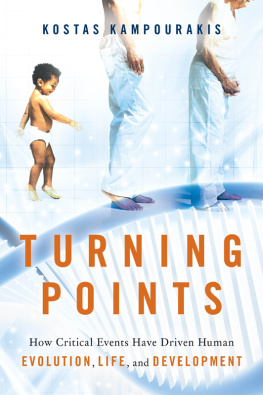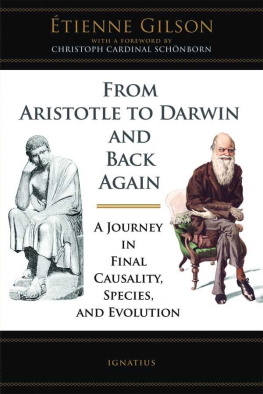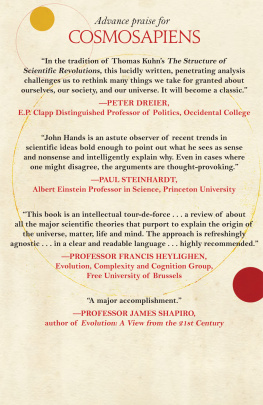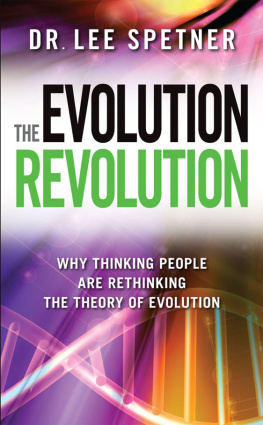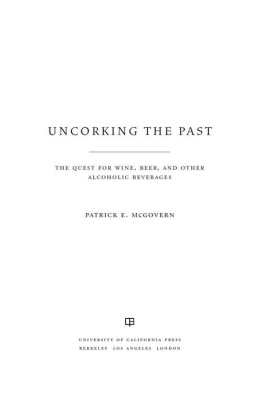Alcohol and its Role in the Evolution of Human Society
Alcohol and its Role in the Evolution
of Human Society
Ian S. Hornsey
Founder, Nethergate Brewery Co. Ltd.
Email:hornsey.brews@virgin.net

ISBN: 978-1-84973-161-4
EPUB eISBN: 978-1-78262-625-1
A catalogue record for this book is available from the British Library
Ian S. Hornsey 2012
All rights reserved
Apart from fair dealing for the purposes of research for non-commercial purposes or for private study, criticism or review, as permitted under the Copyright, Designs and Patents Act 1988 and the Copyright and Related Rights Regulations 2003, this publication may not be reproduced, stored or transmitted, in any form or by any means, without the prior permission in writing of The Royal Society of Chemistry or the copyright owner, or in the case of reproduction in accordance with the terms of licences issued by the Copyright Licensing Agency in the UK, or in accordance with the terms of the licences issued by the appropriate Reproduction Rights Organization outside the UK. Enquiries concerning reproduction outside the terms stated here should be sent to The Royal Society of Chemistry at the address printed on this page.
The RSC is not responsible for individual opinions expressed in this work.
Published by The Royal Society of Chemistry,
Thomas Graham House, Science Park, Milton Road,
Cambridge CB4 0WF, UK
Registered Charity Number 207890
For further information see our website at www.rsc.org
Dedication
This book is dedicated to the memory of Dr Denis Hide; tutor and friend.
Foreword
Hats off to Ian for producing such an informative and enlightening book.
Farming in the nutrient deficient soils of the Suffolk Brecks as I do, plant variety selection is of prime importance, as it is to farmers everywhere. In the aftermath of this dry early summer we face uncertainty as regards barley quality and yield. What is striking is that without the great advances in science and artificial selection, it would be doubtful whether we would have any crop to harvest.
This seminal book explains why we have selected the few plants that we have and why we have put so much effort into enhancing their sought-after qualities; matters of prime concern to humankind our survival depends on our continued success.
These labours of ours can now for the first time be tracked to pre-history thanks to cutting-edge technology and this subject area will remain of utmost importance given our resource-scarce world as we ever increase the demands made upon it.
This book, Ians fourth to be published by the Royal Society of Chemistry, unites archaeology and anthropology, plant breeding and industrial process, together with so many other disciplines besides. It is nothing short of revelatory and thoroughly up-to-date in our fast-moving world; this represents a Herculean effort on the part of the author.
Only through understanding the fundamentals of where we have come from can we achieve bountiful crops into the future and we should all raise a glass to that!
Arthur Edward Guinness, Earl of Iveagh
Preface
It is almost impossible to imagine the world without ethanol as a component of many beverages, but one should not forget that the fact that we are able to enjoy such drinks as beer, malt whisky, wine and cider is primarily due to a single-celled fungus, Saccharomyces cerevisiae, the yeast. Many microbes are capable of fermenting sugars to obtain cellular energy, liberating, as they do, ethanol as a by-product. The extent of use of the pathway is, however, limited by the very toxicity of ethanol itself, which destabilizes cell membranes and interferes with other aspects of cellular metabolism. What deserves our eternal gratitude is the fact that, over the millennia, yeast has evolved mechanisms that allow it to generate and tolerate levels of ethanol that are sufficiently high (79% in many fermentations) to inhibit the growth of most competing microbes, and to be of beneficial use to man. From our point of view, the critical adaptation evolved by yeast concerns its ability first to synthesize ethanol (by fermentation, which can occur even under aerobic conditions) and later to consume it (by respiration). This is achieved by the differential regulation of two duplicated alcohol dehydrogenase genes, ADH1 and ADH2, which encode for two alcohol dehydrogenases (ADHs), ADH1 and ADH2, that interconvert ethanol and acetaldehyde.
Today, in much of the developed world, the production of alcoholic beverages is manifested as a massive, globalized industry that relies upon ongoing advances in our knowledge of the biochemistry, physiology and molecular biology of yeasts. Concomitant with this is a plethora of smaller, more artisanal industries doing essentially the same thing, but with very little cognisance of the scientific niceties of that important micro-organism.
Ethanol is a relatively simple chemical compound, yet it is astounding to see the many different ways in which people use, perceive and react to the substance. Most anthropologists and ethnologists would agree that ethanol has long been one of the most widespread chemical compounds encompassed by mankind. Its potential roles are many-fold, since it can act as a disinfectant, an anaesthetic, a tranquilizer, an appetizer, a food, a solvent and an economic commodity, as well as being a potent symbol in many cultures.
The present work represents an attempt to provide a basis for further research into the significance of alcoholic beverages in the advancement of mankind. It attempts to integrate some of the botany, ethnobotany and history of important providers of fermentable material with the role of the microbial world in the production of some widely used, non-distilled, alcoholic drinks. Due regard has been paid to the relevant information we have gleaned from the relatively new field of genomics, and it will, hopefully, give an indication of how genome-related work has transformed the scientific community.
The book deals solely with non-distilled beverages, and pressure on space demanded that this should be the case. Important beverages though whisky, gin, vodka, etc. are, products of the art of distillation were one of mans more recent (albeit very effective) means of achieving insobriety. I trust that this omission does not detract from the usefulness of the book. While on the subject of omissions, for similar, spatial, reasons I have not been able to do justice to the role of the fig and the date palm (and several other plants) as sources of fermentable sugar. Another, possibly contentious, point is my decision to include chicha in the section dealing with cassava rather than maize.
Regarding dating, I have used the dating systems adopted by various authorities when quoting their work. For an erudite account of how the various systems are interrelated, see Zohary and Hopf (reference 16, page 15).
I have been lucky to have had the use of two of the greatest libraries in the world: the British Library and the Cambridge University Library (at both the Central Science and West Road sites). Staff at the latter have, as always, been particularly helpful, and I am particularly indebted to Bill Noblett who responded to my emergency calls with diligence and alacrity.
I am also grateful for the fact that numerous authorities in varying subject areas have given helpful assistance, and, in this regard, especial thanks are due to Robin Allaby, John Arthur, Robert Carlson, Alan Clapham, Frances Hayashida, Elizabeth Kellogg, Max Nelson, Mark Nesbitt, Roger Putman, Ian Roberts, Jos Sampaio, Janet Spitz and Ryan Williams. All of this help was invaluable, but, as ever, any errors are entirely down to me. Finally, I wish to thank my wife for tolerating the strange ways of an author!
Next page


